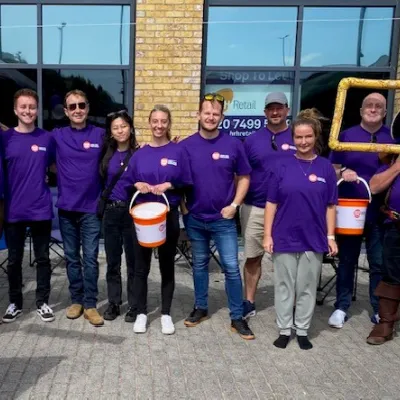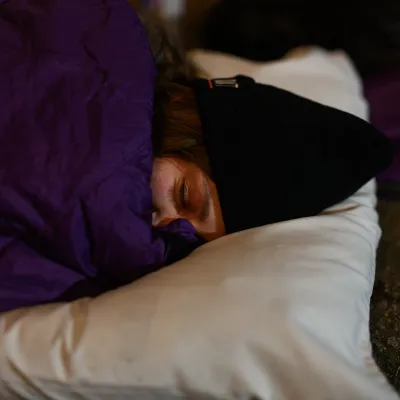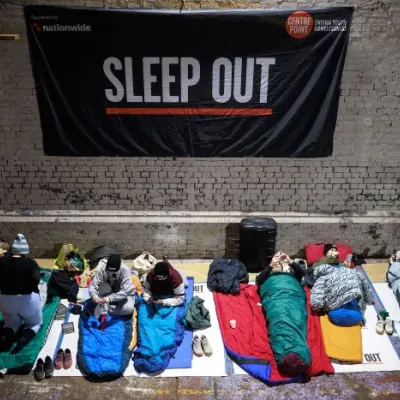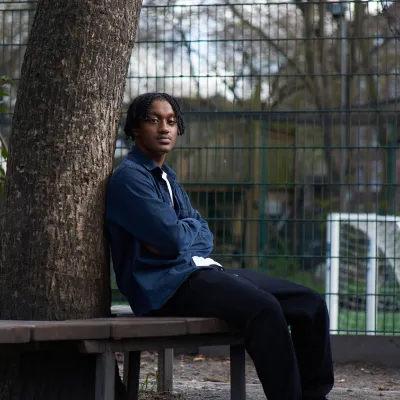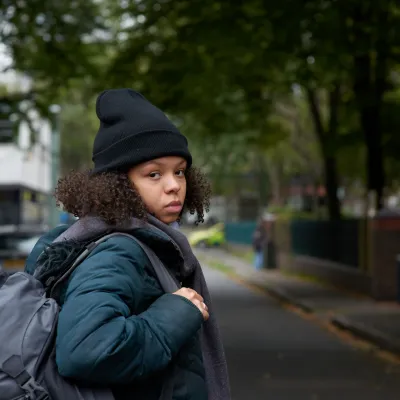For charities like ours, winter is always a busy and critical time in the calendar – the often-unforgiving weather conditions frequently leave many rough sleepers at risk. This year, the number of rough sleepers is set to rise exponentially; thanks to soaring youth unemployment rates, financial insecurity, another national lockdown and, crucially, the removal of the UK’s eviction ban, we’re likely to see a sharp upsurge over the cold months.
Earlier this year we wrote about how, whilst the eviction ban was the correct reaction by the government to the financial strain coronavirus had put on residents over the summer months, a reinstatement of evictions in the autumn would be detrimental to many. The ban was established to help those really feeling the effects of the pandemic, giving breathing space to renters who had struggled with payments after losing jobs or loved ones. But now Covid continues to rage on, and protection has stopped, putting hundreds of thousands at risk of losing the roof over their heads.
We are on the precipice of a financial crisis like no other, and young people are lined up to be the first pushed into the abyss. Research shows young people are most at risk of unemployment in the pandemic, and it’s predicted that youth unemployment is set to triple to its highest rate in 30 years. Without a period of respite that so many young people in rented accommodation will require in the wake of such an economic crash, and without adequate support from local councils, they will struggle to stay in secure housing for long.
At Centrepoint, we help young people between the ages of 16-24 move on from homelessness; “A job and a home” is our aim for those who come through our doors. But the latest research from The Co-Operative Bank & Centrepoint shows that this is the exact demographic being hit hardest by job losses: the 16-24 age group accounted for almost 60% of the total fall in employment between June and August 2020. And if not leading to unemployment, then 29% expect a drop in income at the very least, which then has implications for their living costs and rent.
To combat these kind of issues, the government invested £2billion into the Kickstart Scheme, which provides funding to employers to create job placements for 16- to 24-year olds on Universal Credit. The scheme aims to subsidise six-month work placements for young people on Universal Credit and at risk of long-term unemployment. It’ll cover the cost of 25 hours’ work a week at the National Minimum Wage, in an effort to prevent mass unemployment in the UK. However, it is feared that it’s not fit for purpose: it’s thought the amounts provided will not adequately cover the cost of living for young people.
According to our research, of those young people who do lose their income, most predict they could last around 10 weeks before needing support from services. But of those of us who have ever been on the job hunt will know it often takes far longer than 10 weeks to find, interview, and secure a new job – thus, it is likely that help will be required. And for those who find themselves without a place to live, then options are limited. Availability for secure shelter has become even scarcer, particularly with the need to social distance, and guidance has been strict when it comes to sharing spaces with those outside your own household. This means many young people will have lost their temporary place to stay – without the ability to sofa-surf, they’re left out on the streets.
To put this strain into perspective, September 2020 was our Helpline’s busiest month ever. Our incoming calls were up 61% on September 2019. The number of young people contacting our Helpline team has more than doubled since the beginning of lockdown – and that is, in part, due to restrictions on young people sofa surfing. But many people are also rough sleeping or at risk of rough sleeping because of the pressure lockdown is putting on family life. Often, young people become homeless because of family breakdown. There are myriad factors that contribute to this, but Covid restrictions, alongside the stress of job loss – particularly where young people may have been contributing to the household income – are creating a “pressure cooker” environment for those who have already fraught relationships with their families.
Last year, 23,000 young people were homeless or at risk of homelessness. Because of the implications of Covid, this year that number is promising to skyrocket. Without adequate support, financial or otherwise, young people will be forced to bear the brunt of this fallout alone.
Young people have been dubbed the “Covid Generation” – it’s a moniker that will likely follow them for years, because the ramifications of this moment in time will last just as long. How do you pull yourself back from the brink of economic collapse when you’re barely out of education? How do you save yourself from homelessness your first full-time employer sees you as young and dispensable? If you’ve only ever had yourself to rely on, then who do you turn to when all your avenues of income have been disbanded? Some of these unanswerable questions are ones that many of our young people battle with – and this winter, many more will, too.
If you are a young person, or know a young person struggling this winter due to Covid job loss, please contact our Helpline.

